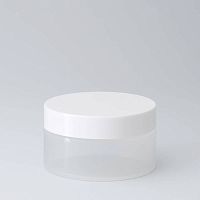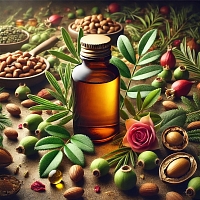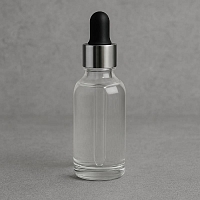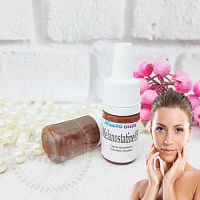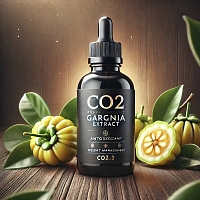-
 Absolutes
Absolutes
-
 Active Complexes
Active Complexes
-
 Actives and Peptides for Cosmetics
Actives and Peptides for Cosmetics
-
 Amino Acids
Amino Acids
-
 Food Flavorings
Food Flavorings
-
 Ayurveda
Ayurveda
-
 Vitamins
Vitamins
-
 Gelling Agents and Thickeners
Gelling Agents and Thickeners
-
 Hydrosols and Floral Waters
Hydrosols and Floral Waters
-
 Hydrolyzed Proteins
Hydrolyzed Proteins
-
 Fragrant and aromatic substances
Fragrant and aromatic substances
-
 Acids, Salts, Alcohols, and Alkalis
Acids, Salts, Alcohols, and Alkalis
-
 Preservatives and Antioxidants
Preservatives and Antioxidants
-
 Cosmetic Raw Materials
Cosmetic Raw Materials
-
 Dyes, Pearlescents, and Glitters
Dyes, Pearlescents, and Glitters
-
 Face Masks, Scrubs, and Dried Flowers
Face Masks, Scrubs, and Dried Flowers
-
 Oils, batters, macerates, oil mixtures
Oils, batters, macerates, oil mixtures
-
 Candle Supplies
Candle Supplies
-
 Melt and Pour Soap Bases
Melt and Pour Soap Bases
-
 Base for cosmetics, cream, serum, shampoo
Base for cosmetics, cream, serum, shampoo
-
 Fragrance Oils
Fragrance Oils
-
 Surfactants
Surfactants
-
 Peelings for Skin
Peelings for Skin
-
 Herbal Powders and Plant
Herbal Powders and Plant
-
 Silicones and Conditioning Surfactants for Hair
Silicones and Conditioning Surfactants for Hair
-
 Raw materials for dietary supplements
Raw materials for dietary supplements
-
 Packaging for Cosmetics and Perfumes
Packaging for Cosmetics and Perfumes
-
 Molds, Packaging, Tools
Molds, Packaging, Tools
-
 Organic Extracts
Organic Extracts
-
 Emollients for Cosmetics
Emollients for Cosmetics
-
 Emulsifiers
Emulsifiers
-
 Essential Oils
Essential Oils
Tryptophan: A Natural Beauty Booster
Tryptophan, an essential amino acid found in various foods, has gained significant attention in the cosmetic industry for its potential benefits. This amino acid plays a crucial role in protein synthesis and is a precursor to serotonin and melatonin, two neurotransmitters that influence mood, sleep, and overall well-being.
Applications in Cosmetics
-
Mood-Boosting and Stress Reduction:
- Serotonin Enhancement: Tryptophan can help increase serotonin levels, a neurotransmitter associated with mood regulation. This can contribute to a more positive and relaxed mindset, potentially reducing stress and anxiety.
- Anti-Depressive Effects: While not a direct substitute for professional treatment, tryptophan-containing cosmetics can potentially support mood-boosting efforts.
-
Improved Sleep Quality:
- Melatonin Production: Tryptophan is a precursor to melatonin, the hormone that regulates sleep-wake cycles. By supporting melatonin production, tryptophan can contribute to better sleep quality and reduce insomnia.
-
Skin Health and Anti-Aging:
- Protein Synthesis: As an essential amino acid, tryptophan is involved in protein synthesis, a crucial process for maintaining healthy skin structure and elasticity.
- Antioxidant Properties: Some studies suggest that tryptophan may have antioxidant properties, helping to protect the skin from damage caused by free radicals.
Areas of Use in Cosmetic Products
- Serums and Essences: Tryptophan can be incorporated into serums and essences to target specific skin concerns and provide a concentrated dose of benefits.
- Moisturizers: Adding tryptophan to moisturizers can help improve skin hydration, elasticity, and overall health.
- Hair Care Products: Tryptophan may support scalp health and hair growth by promoting protein synthesis and reducing stress-related hair loss.
- Bath Products: Incorporating tryptophan into bath products can create a relaxing and mood-boosting experience.
Cosmetic Recipe: Serotonin-Boosting Face Mask
Ingredients:
- 1 tablespoon ground oats
- 1 teaspoon honey
- 1/4 teaspoon tryptophan powder
- 1/4 teaspoon vitamin E oil
Instructions:
- In a small bowl, combine the ground oats, honey, tryptophan powder, and vitamin E oil.
- Add a few drops of water to create a thick paste.
- Apply the mask evenly to your face, avoiding the eye area.
- Leave the mask on for 15-20 minutes.
- Rinse with warm water and pat your face dry.
Note: Always patch test new products before applying them to your face. If you have any skin conditions or allergies, consult with a dermatologist before using tryptophan-containing cosmetics.
Disclaimer: While tryptophan shows promise in cosmetic applications, it's essential to consult with a healthcare professional for personalized advice, especially if you have underlying health conditions or are taking medications.
| INCI | Tryptophan | |
| pH | 5.0-7.0 | |
| Other | ||
| Application | Anti-aging cosmetics: Tryptophan is used in creams and serums to improve skin elasticity and combat wrinkles. Skin care products: Included in moisturizers, lotions, and face masks due to its ability to retain moisture and protect the skin. Products for sensitive skin: Added to products to relieve irritation and combat inflammation. Decorative cosmetics: Used in foundations and powders to protect the skin and prevent irritation. | |
| Att brand | USA | |
| Color product | white or slightly cream | |
| Dosage | Cosmetics: 0.5–2% in creams, serums and lotions Dietary supplements: 250–500 mg depending on the intended use Food: up to 3 g per day (as a dietary supplement) | |
| Features | All information presented on the site is for reference only | |
| Minimum count | 1 | |
| Name | Tryptophan, 1 kg | |
| Packaging | container for transportation | |
| Packing | 1 kg | |
| Properties | Antioxidant properties: Tryptophan helps fight oxidative stress, protecting the skin from harmful environmental influences. Hydration and protection: Tryptophan retains moisture in the skin, prevents it from drying out, and also helps strengthen the skin barrier. Anti-inflammatory properties: It reduces inflammation and soothes the skin, which makes it useful in products for sensitive and problematic skin. Anti-aging action: Tryptophan promotes skin cell renewal and improves its texture, which makes it popular in anti-aging cosmetics. | |
| Purpose | Tryptophan is an important component that is widely used in cosmetics for its anti-aging, moisturizing and restorative properties, as well as a dietary supplement to maintain health and improve mood. Tryptophan is an amino acid that plays an important role in a number of biochemical processes, including the synthesis of serotonin and melatonin, making it an important component for a variety of applications, including cosmetics. Skin cell regeneration Skin hydration and protection Improvement of skin texture and elasticity Soothing of inflamed skin | |
| Solubility | in the water | |
| View | powder | |
| Valid until | 09.2026 | |









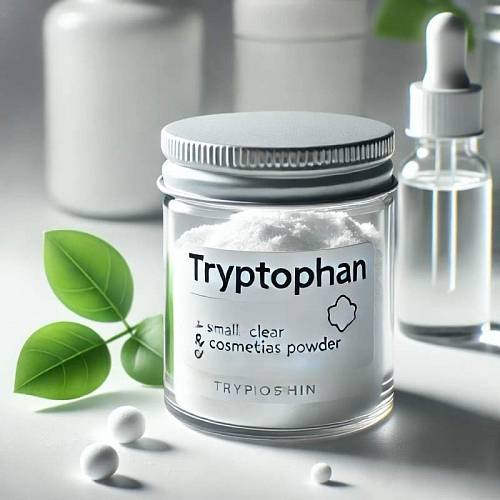
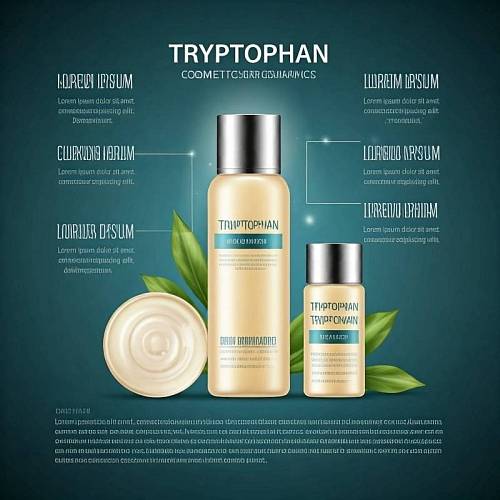


 Add to cart
Add to cart Buy in 1 click
Buy in 1 click

 Add a review
Add a review To favorites
To favorites To compare
To compare






